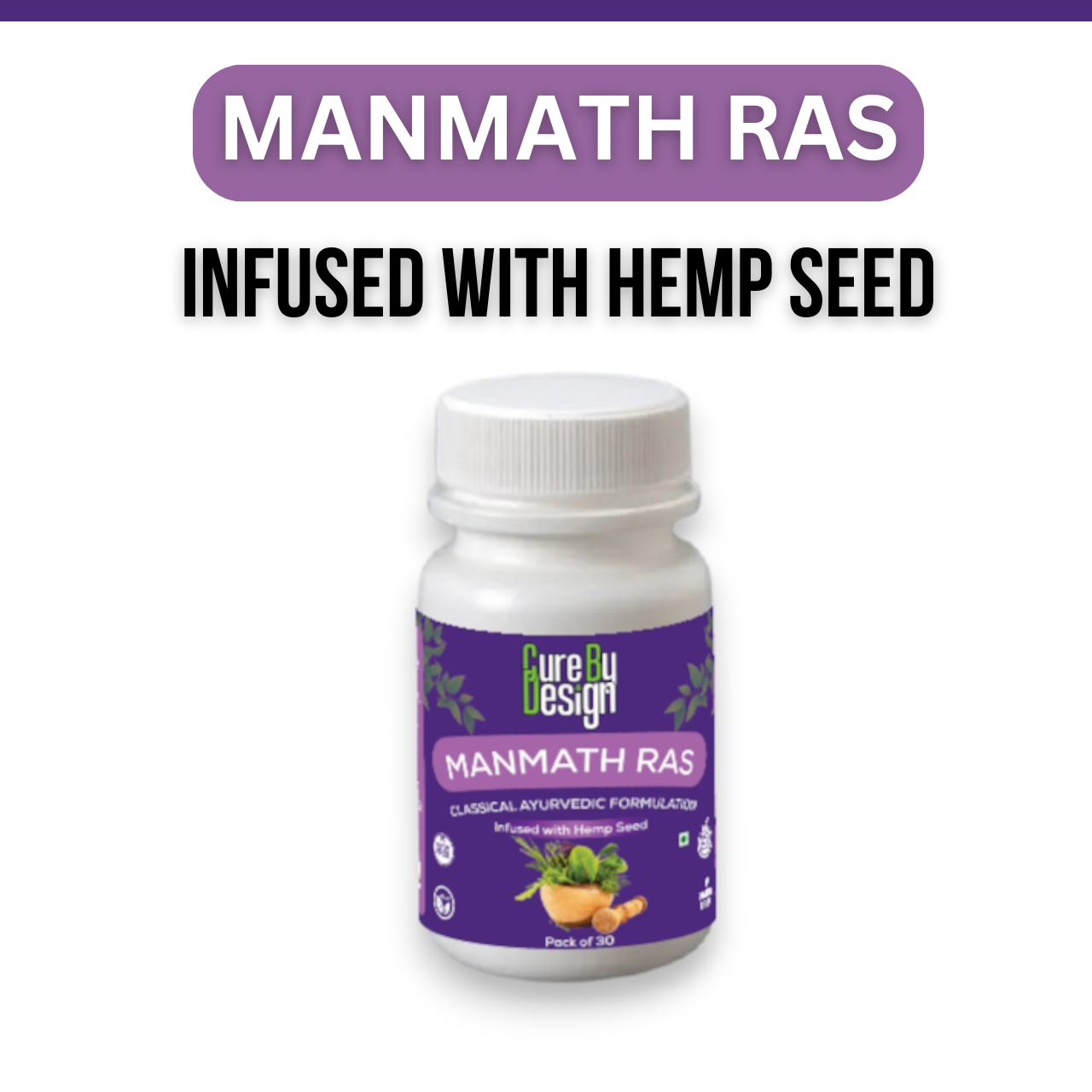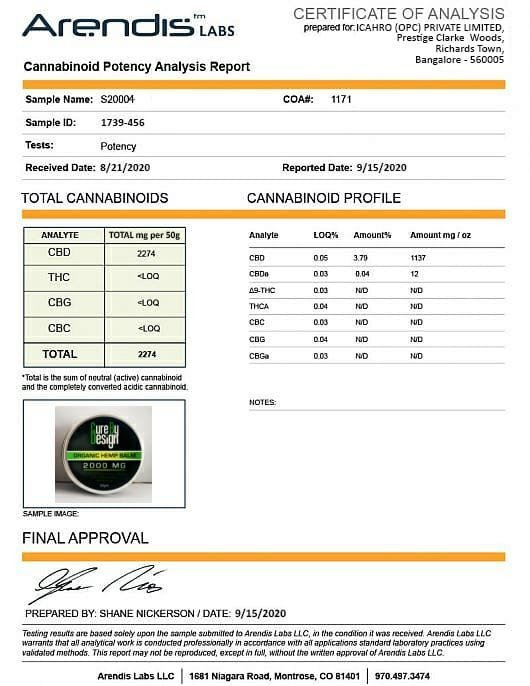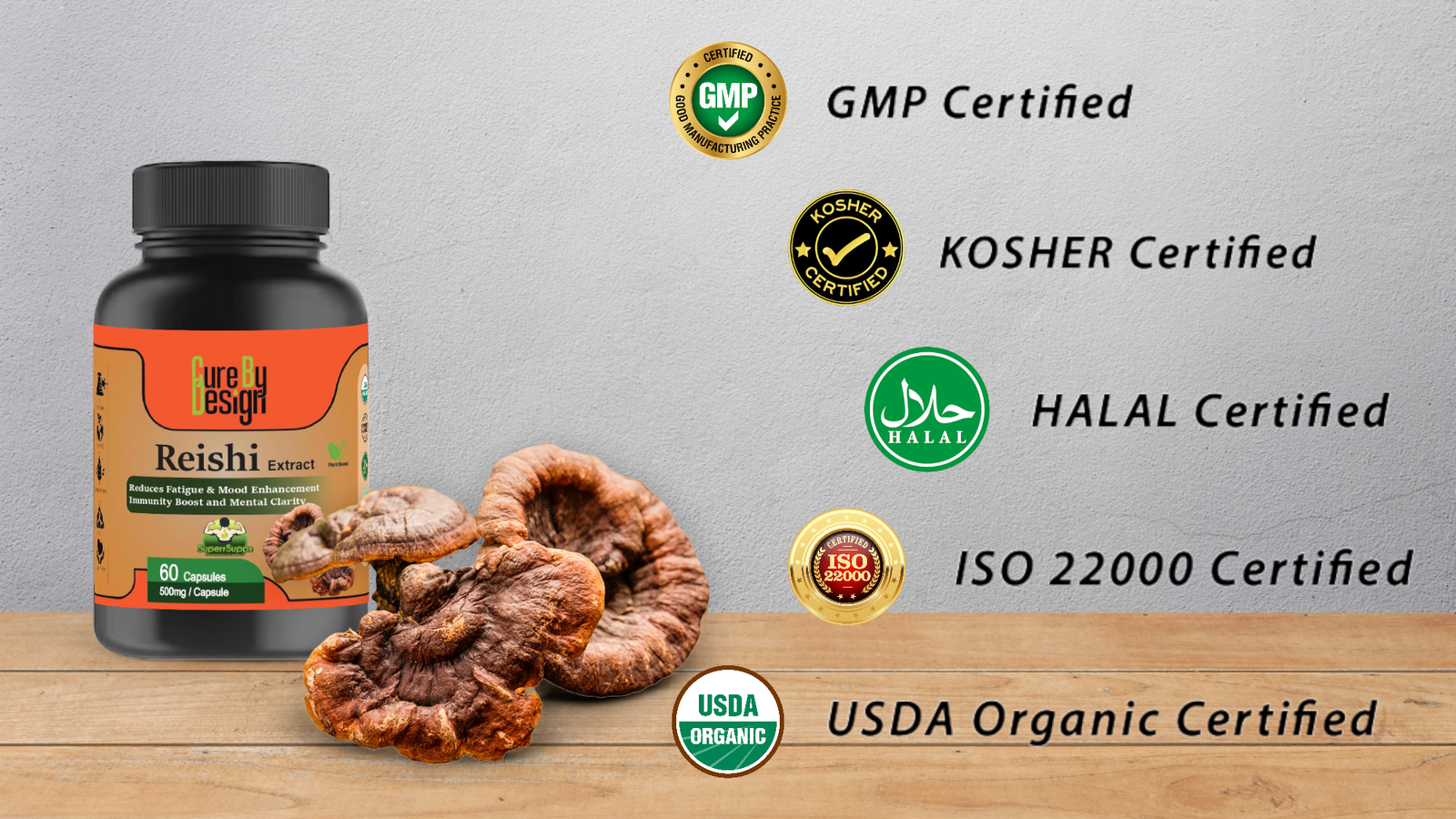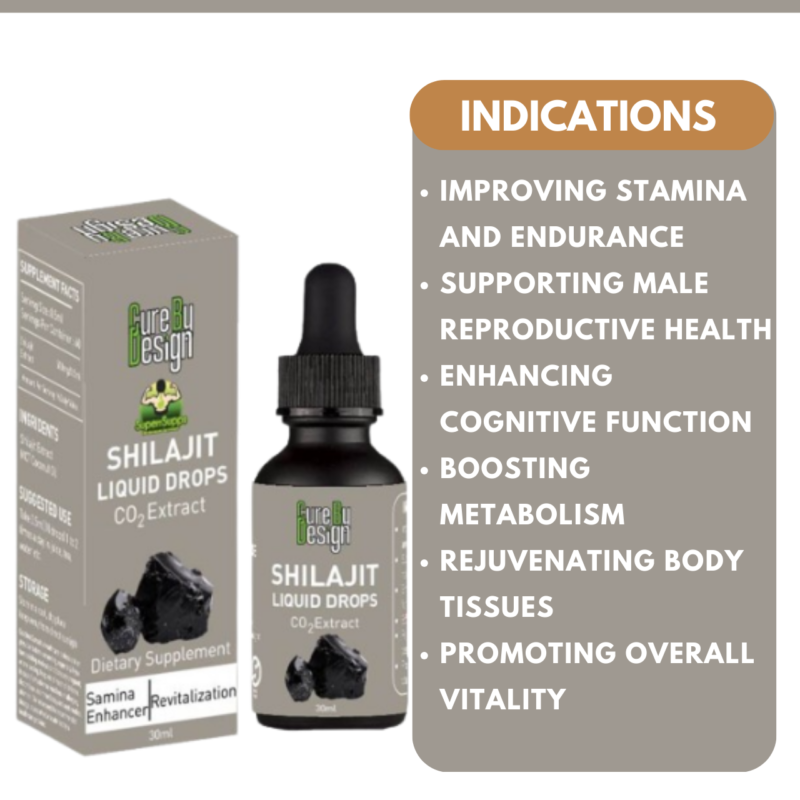Hemp and Sustainability

Cultivating Environmental Sustainability: The Positive Impact of Hemp Agriculture
Hemp agriculture provides numerous environmental benefits through sustainable cultivation practices, carbon sequestration, soil regeneration, reduced water usage, biodiversity preservation, sustainable products, and renewable energy sources. Hemp’s short growth cycle, deep roots, and natural resistance to pests reduce the need for chemicals. Its ability to absorb carbon dioxide aids in mitigating climate change, while its phytoremediation properties help detoxify soil. Hemp requires less water, supports biodiversity, and offers eco-friendly alternatives in textiles, paper, and bioplastics. Additionally, hemp-based biofuels contribute to reduced carbon emissions, making hemp agriculture a valuable tool in promoting environmental sustainability.
Here’s are 7 reasons why Hemp is a Environment Loving Crop:
1. Sustainable Cultivation:
Hemp is considered a highly sustainable crop due to several factors. Firstly, it has a short growth cycle, typically around 3-4 months, allowing for multiple harvests in a single year. This fast growth helps to reduce the risk of soil erosion and minimizes the need for excessive water consumption. Additionally, hemp has natural resistance to pests and diseases, reducing the reliance on pesticides and herbicides. This makes hemp cultivation more environmentally friendly compared to other crops that require higher chemical inputs.
2. Carbon Sequestration:
Hemp is known for its remarkable ability to absorb carbon dioxide (CO2) from the atmosphere during its rapid growth. It has been estimated that hemp can sequester large amounts of CO2, making it an effective tool for carbon sequestration. This means that hemp cultivation can help to mitigate climate change by reducing the concentration of greenhouse gases in the atmosphere, which contribute to global warming.
3. Soil Regeneration:
Hemp has deep roots that penetrate the soil, helping to break up compacted soil and improve its structure. This process enhances water infiltration, reducing the risk of soil erosion. Furthermore, hemp is a bioaccumulator, which means it can extract toxins and heavy metals from the soil. This property makes hemp useful in phytoremediation, a process of using plants to clean up and detoxify contaminated soils. By cultivating hemp, farmers can contribute to the regeneration of soil health and help remediate polluted lands.
4. Reduced Water Usage:
Hemp is a relatively drought-tolerant crop that requires less water compared to many other crops, such as cotton. It has a deep root system that enables it to access water from deeper soil layers. This characteristic makes hemp agriculture more sustainable, particularly in regions where water scarcity is a concern. By reducing water consumption, hemp cultivation helps to conserve valuable water resources and minimize the strain on aquatic ecosystems.
5. Biodiversity Preservation:
Hemp cultivation supports biodiversity by providing a habitat for various beneficial insects, birds, and other wildlife. Unlike conventional agriculture that relies heavily on synthetic fertilizers and pesticides, hemp cultivation generally employs organic practices that promote a healthier ecosystem. By avoiding harmful chemicals, hemp farming minimizes the negative impacts on beneficial organisms and contributes to the preservation of biodiversity.
6. Sustainable Products:
Hemp offers a range of sustainable products that have a lower environmental impact compared to their conventional counterparts. For example, hemp fibers can be used to produce textiles, paper, and packaging materials. Hemp textiles are known for their durability and breathability, and they can be manufactured without the use of harsh chemicals commonly found in the textile industry. Hemp paper production requires less energy and chemical processing compared to traditional wood pulp paper, reducing pollution and water
usage. Hemp-based bioplastics are renewable and biodegradable, offering an eco-friendly alternative to petroleum-based plastics.
7. Energy Efficiency:
Hemp-based biofuels offer a renewable and potentially carbon-neutral energy source. The production of hemp-based biofuels requires less energy compared to the extraction and refining of fossil fuels. By utilizing hemp as a source of biofuels, we can reduce greenhouse gas emissions associated with conventional fuels and promote a cleaner and more sustainable energy system. By embracing hemp agriculture and utilizing hemp-based products, we can contribute to a more sustainable future by reducing carbon emissions, conserving water resources, protecting soil health, preserving biodiversity, and promoting the use of eco-friendly alternatives. In summary, hemp agriculture and the utilization of hemp-based products have numerous environmental benefits. From sustainable cultivation practices to carbon sequestration, soil regeneration, reduced water usage, and biodiversity preservation, hemp offers a greener alternative across various industries. By embracing hemp, we can contribute to a more sustainable and eco-friendly future.

































































































